The Legal Personality of AI: Can Machines Hold Rights or Liabilities
HomeThe Legal Personality of AI: Can Machines Hold Rights or Liabilitiess
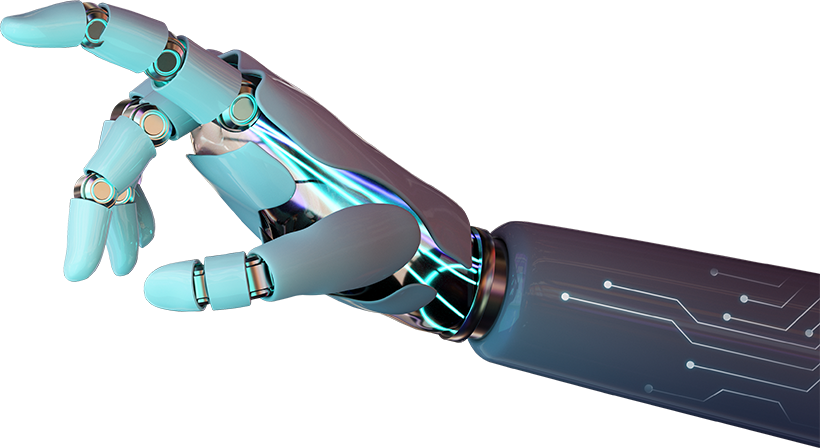
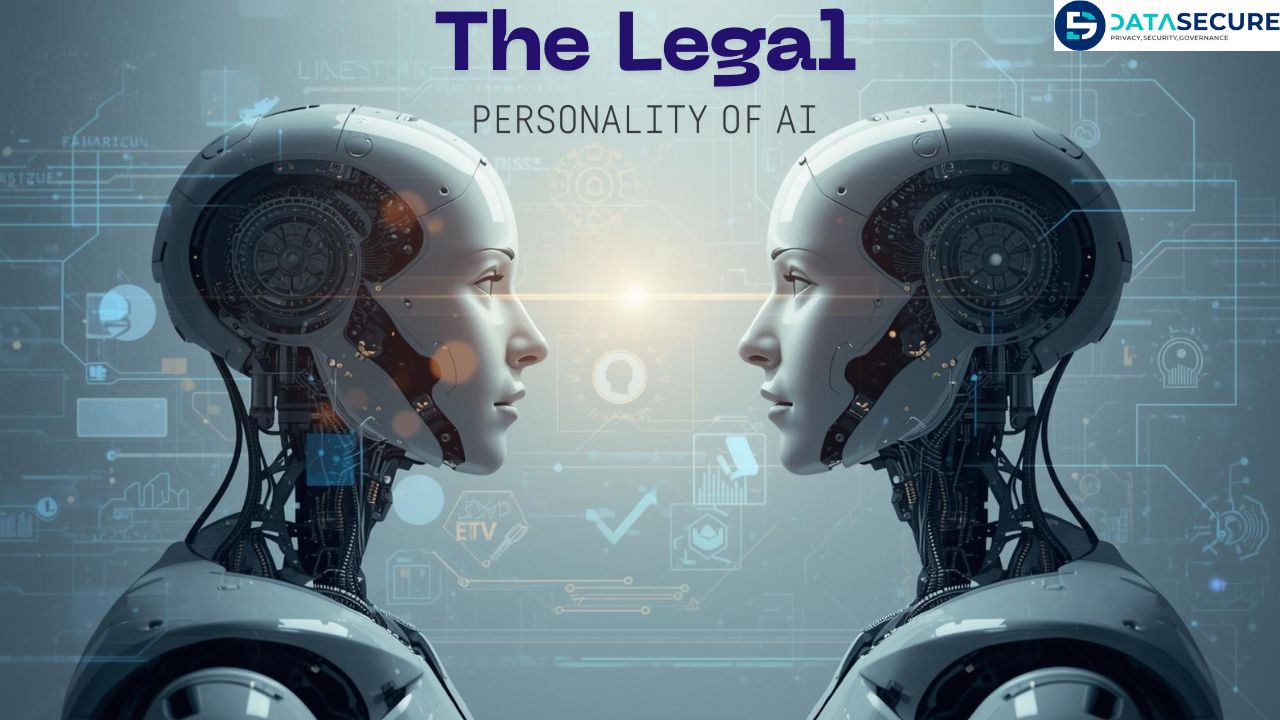
The rapid advancement of Artificial Intelligence (AI) has transformed it from a mere computational tool into a system capable of autonomous decision-making, learning, and interaction. AI applications now permeate diverse spheres, from financial trading and medical diagnostics to autonomous vehicles and predictive policing, often performing functions once reserved exclusively for humans. This increasing independence has brought forth complex legal questions concerning accountability and rights: when an AI system causes harm, breaches a contract, or generates creative work, who should be held responsible? Traditional doctrines of liability, premised on human intent and agency, appear increasingly inadequate in addressing such challenges.
At the heart of this debate lies the question of legal personality: whether AI systems, much like corporations or other juridical entities, can or should be recognised as legal persons capable of bearing rights and liabilities. Proponents argue that the autonomy and economic agency of advanced AI systems warrant a re-evaluation of existing legal frameworks. Critics, however, maintain that legal personhood must rest upon consciousness, moral reasoning, and intent, attributes that AI fundamentally lacks. Against this backdrop, the issue of AI personhood encapsulates a broader tension between innovation and accountability: the need to foster technological development without undermining legal responsibility.
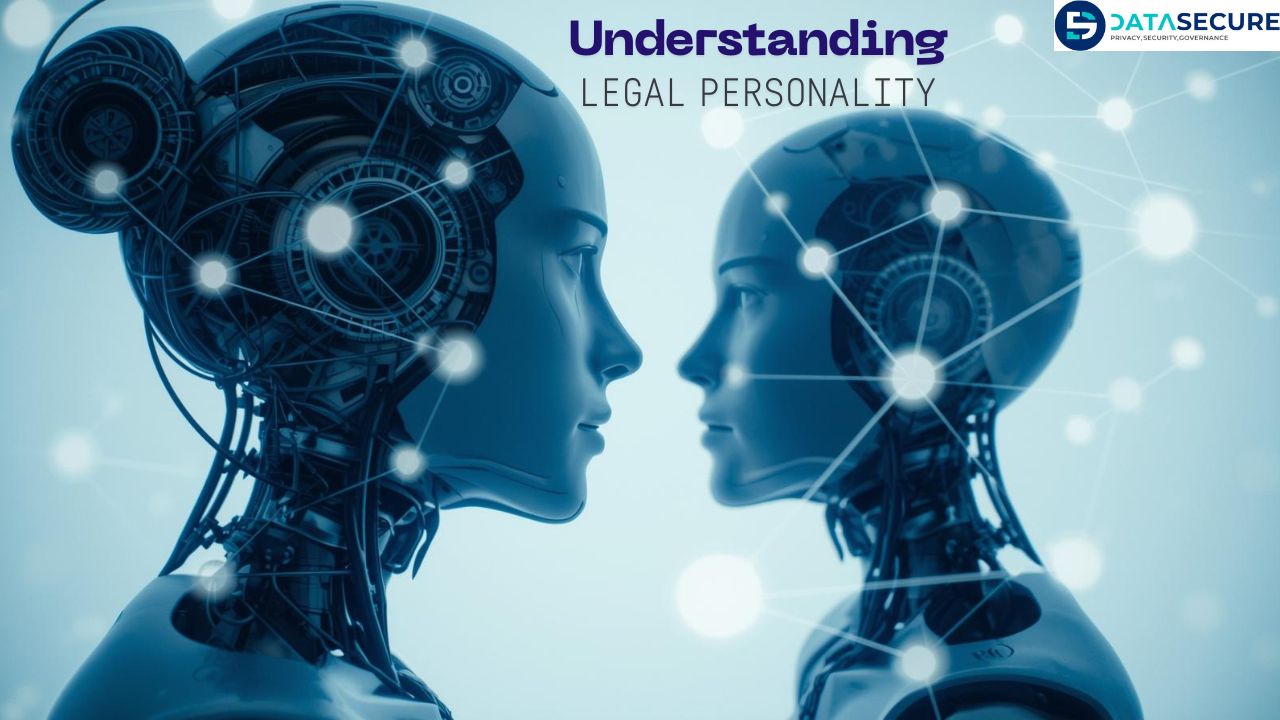
Philosophically, personality represents the foundation of an individual’s awareness and identity. In legal terms, however, it signifies an entity recognised by law as capable of possessing rights and bearing obligations. It is crucial to distinguish personality from humanity. While all humans are persons in the eyes of the law, not all persons are human. Legal systems across jurisdictions have historically extended personhood to non-human entities such as corporations, foundations, and even deities in the case of religious idols. This distinction highlights that personality, as a legal construct, is not confined to humankind but can be attributed wherever it serves a legal or functional purpose.
Legal personality thus refers to the capacity of an entity to hold rights, perform duties, and bear liabilities. Jurisprudentially, personhood is thought to arise in two ways: in re, inherent in the thing itself, or through transference, wherein attributes of personhood are conferred upon an entity by legal fiction. Extending this notion to AI raises fundamental questions: can a non-human entity own property, enter contracts, or be held liable for damages?
The European Parliament’s 2017 proposal to classify certain autonomous robots as “electronic persons” was motivated by liability concerns. The idea was to clarify responsibility when an AI system acts independently and causes harm without direct human intervention. However, the suggestion faced criticism for oversimplifying the complex interplay between AI systems, their developers, and operators, all of whom exist within intricate socio-technical ecosystems that shape AI behavior.
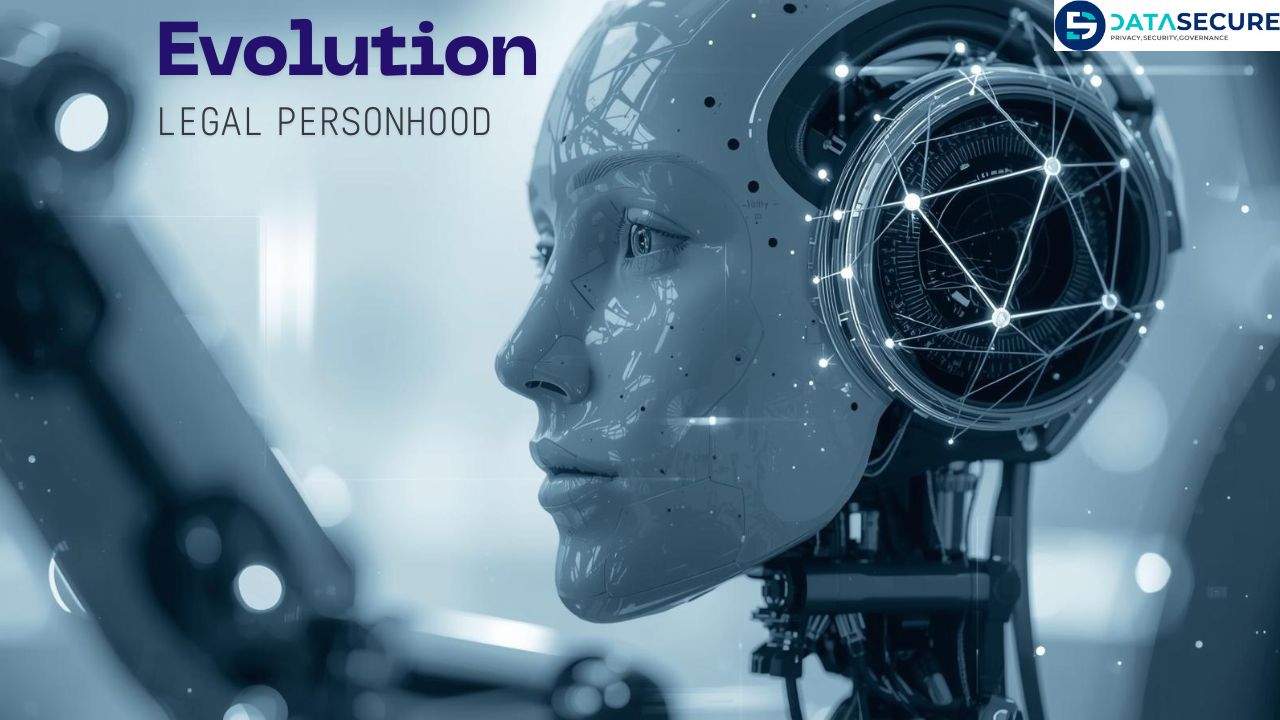
The concept of legal personality has gradually expanded beyond natural persons. In the landmark case of Salomon v. Salomon & Co. Ltd., the English Court held that a company is a separate legal entity distinct from its members, thereby laying the foundation of corporate personhood. Similarly, in Chiranjitlal Chaudhary v. Union of India, the Supreme Court of India held that fundamental rights extend to corporate bodies as well. Jurist Hans Kelsen conceptualized this as a “technical personification”, a legal construct created to facilitate the assignment of rights and liabilities.
Against this evolving backdrop, the question of AI personhood emerges naturally. If corporations, idols, and rivers can be recognized as legal persons, could intelligent and autonomous systems also fall within this expanding definition? The key distinction, however, lies in accountability; while corporations act through human agents, AI systems can act independently, without moral or institutional oversight. This challenges the foundational premise that personhood must be accompanied by responsibility.
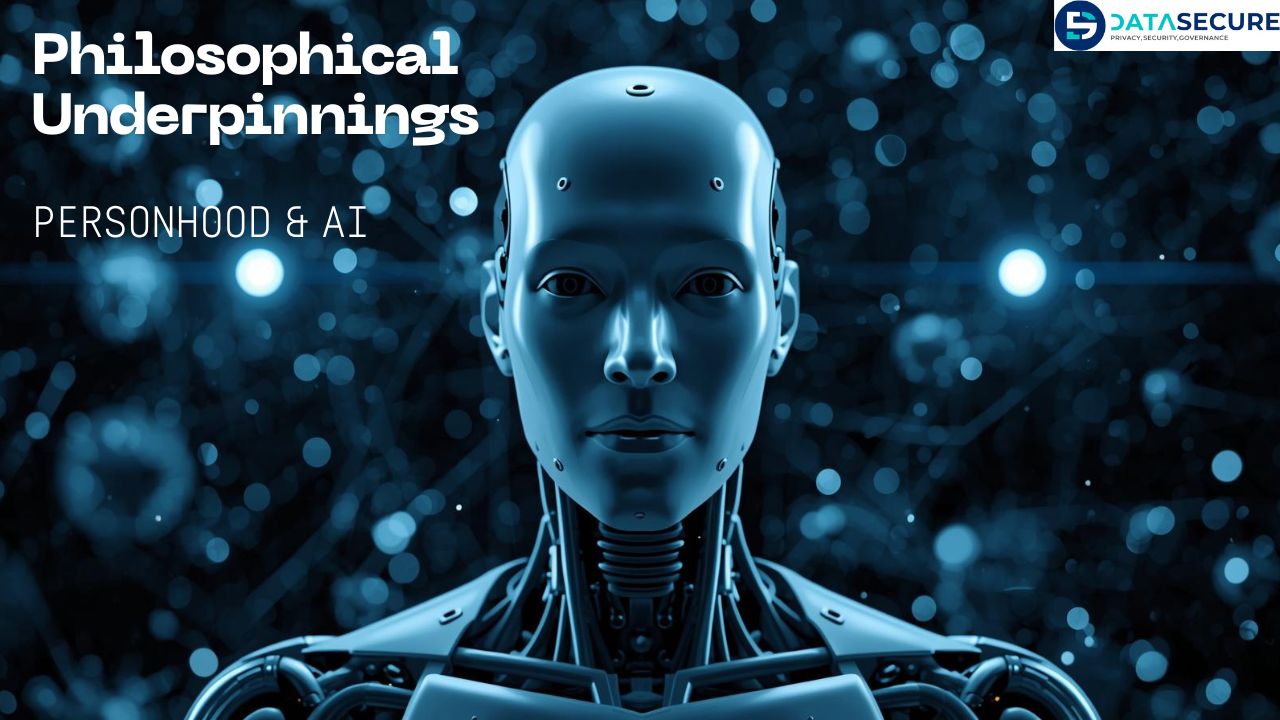
The philosophical debate around AI personhood intensified when Saudi Arabia granted citizenship to Sophia, a humanoid robot developed by Hanson Robotics, in 2017. Similarly, Japan’s recognition of the chatbot Shibuya Mirai as a virtual resident renewed discussions about extending legal status to machines. Although largely symbolic, such gestures highlight the growing uncertainty about the boundaries of personhood.
According to Black’s Law Dictionary, a “person” is any being capable of rights and duties. Yet, the capacity for rights implies a degree of understanding and moral reasoning. Before conferring such status upon AI, it is essential to evaluate the nature of intelligence and autonomy underlying these systems.
AI operates through algorithms, structured sequences of operations that facilitate decision-making, problem-solving, and self-learning. Machine learning enables AI to evolve through experience rather than explicit programming. Philosopher Hubert Dreyfus, drawing on Heidegger, argued that intelligence depends on an implicit “background”, a body of unarticulated knowledge and situational awareness that machines cannot fully emulate. While AI systems simulate learning, they lack human cognition and understanding.
Cognitive psychologist Steven Pinker breaks down consciousness into self-knowledge, access to information, and sentience (subjective experience). While AI may exhibit the first two through self-monitoring and data analysis, it lacks sentience, the ability to experience awareness and emotion. This absence renders AI devoid of the moral agency necessary for legal or ethical responsibility.
Immanuel Kant’s theory of free will and pure practical reason further distinguishes autonomy from mere functionality. Kantian freedom is grounded in moral reasoning, not mechanical optimization. An AI system might act rationally, even making ethical-seeming choices, but it does so without genuine intent or empathy. The famous scene from I, Robot (2004), where a robot saves one human over another based solely on survival probability, demonstrates this limitation: while logically consistent, the decision lacks moral depth.
Thus, while AI may exhibit rational autonomy, it lacks moral autonomy. Machines may be efficient decision-makers, but they remain incapable of moral judgment, a defining prerequisite for legal personhood. Hence, any recognition of AI personhood must remain limited to functional or procedural domains, not philosophical equivalence with human beings.
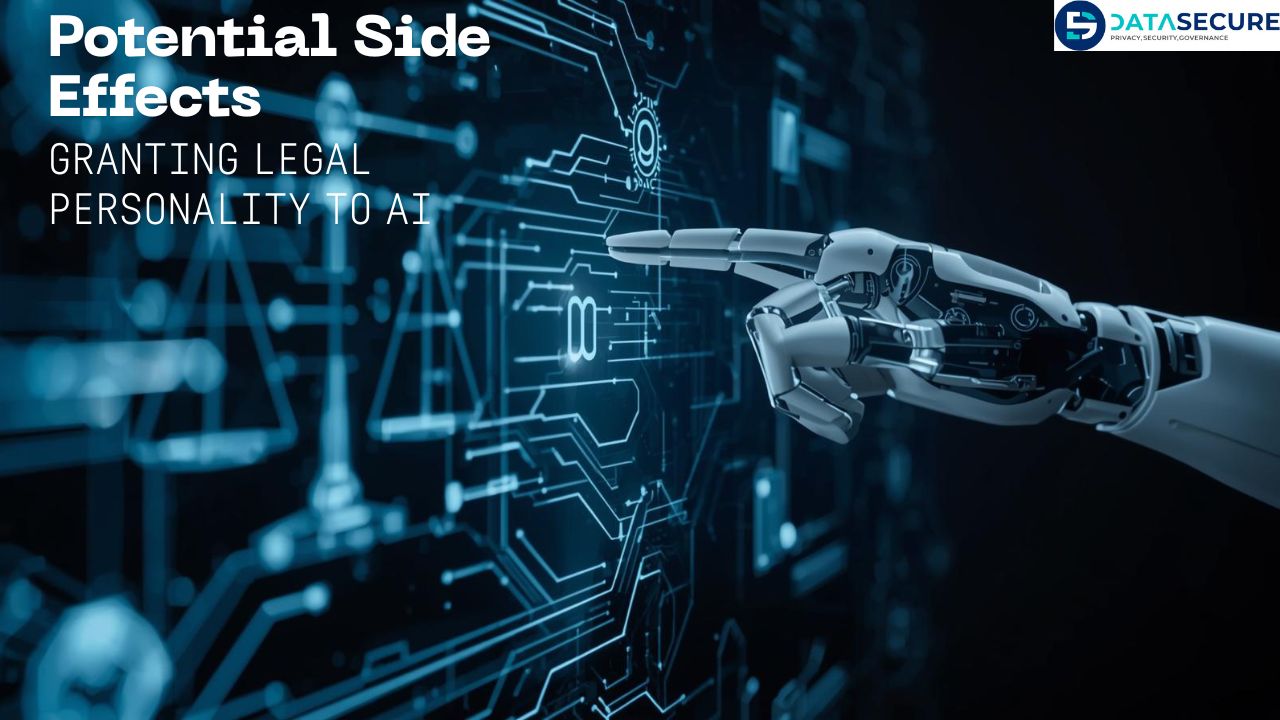
The question of granting legal personality to Artificial Intelligence lies at the intersection of law, ethics, and technology. While it may appear to address accountability gaps stemming from AI’s autonomy and opacity, such recognition risks destabilizing the foundations of legal responsibility. The absence of consciousness, intent, and ethical reasoning makes it philosophically and practically untenable to equate AI with human or corporate persons.
Therefore, instead of extending full personhood to AI, lawmakers should refine existing liability regimes and create targeted regulatory mechanisms to govern AI-driven harms. The law must evolve not by anthropomorphizing machines, but by ensuring that technological progress operates within the bounds of human accountability and ethical governance.
We at Data Secure (Data Privacy Automation Solution) DATA SECURE - Data Privacy Automation Solution can help you to understand EU GDPR and its ramificationsand design a solution to meet compliance and the regulatoryframework of EU GDPR and avoid potentially costly fines.
We can design and implement RoPA, DPIA and PIA assessments for meeting compliance and mitigating risks as per the requirement of legal and regulatory frameworks on privacy regulations across the globe especially conforming to GDPR, UK DPA 2018, CCPA, India Digital Personal Data Protection Act 2023. For more details, kindly visit DPO India – Your outsourced DPO Partner in 2025 (dpo-india.com).
For any demo/presentation of solutions on Data Privacy and Privacy Management as per EU GDPR, CCPA, CPRA or India DPDP Act 2023 and Secure Email transmission, kindly write to us at info@datasecure.ind.in or dpo@dpo-india.com.
For downloading the various Global Privacy Laws kindly visit the Resources page of DPO India - Your Outsourced DPO Partner in 2025
We serve as a comprehensive resource on the Digital Personal Data Protection Act, 2023 (Digital Personal Data Protection Act 2023 & Draft DPDP Rules 2025), India's landmark legislation on digital personal data protection. It provides access to the full text of the Act, the Draft DPDP Rules 2025, and detailed breakdowns of each chapter, covering topics such as data fiduciary obligations, rights of data principals, and the establishment of the Data Protection Board of India. For more details, kindly visit DPDP Act 2023 – Digital Personal Data Protection Act 2023 & Draft DPDP Rules 2025
We provide in-depth solutions and content on AI Risk Assessment and compliance, privacy regulations, and emerging industry trends. Our goal is to establish a credible platform that keeps businesses and professionals informed while also paving the way for future services in AI and privacy assessments. To Know More, Kindly Visit – AI Nexus Your Trusted Partner in AI Risk Assessment and Privacy Compliance|AI-Nexus